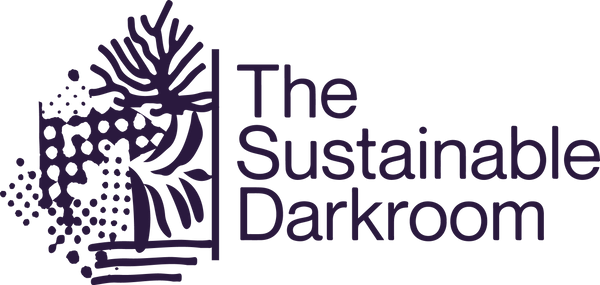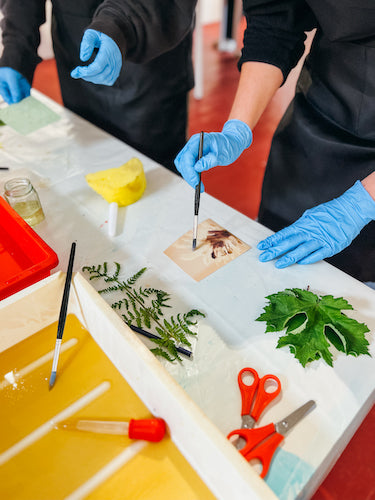
About Us
The Sustainable Darkroom does not have a set location. We work internationally to share ideas in the form of exhibitions, symposiums, publications and residencies.
We aim to change the culture of analogue photographic practice. As species extinction, industrial toxicity, environmental racism and more continue to mount - it is essential that we transform our material relationships.
Our approach is multi-faceted. We research the social and ecological legacies of extractivism linked to film industries. We devise and disseminate recipes for lower-toxicity, biodegradable photo-chemistries. We work to develop methods that re-use and reduce darkroom ‘waste’, and we find ways to reassign value to it.
You can read our manifesto below.
Selected collaborators include: Hong Kong International Photo Festival, V&A London, RIT New York, Endangered Species Coalition, Washington D.C, Royal College of Art London, The Science Gallery, Bengaluru, University Arts London.
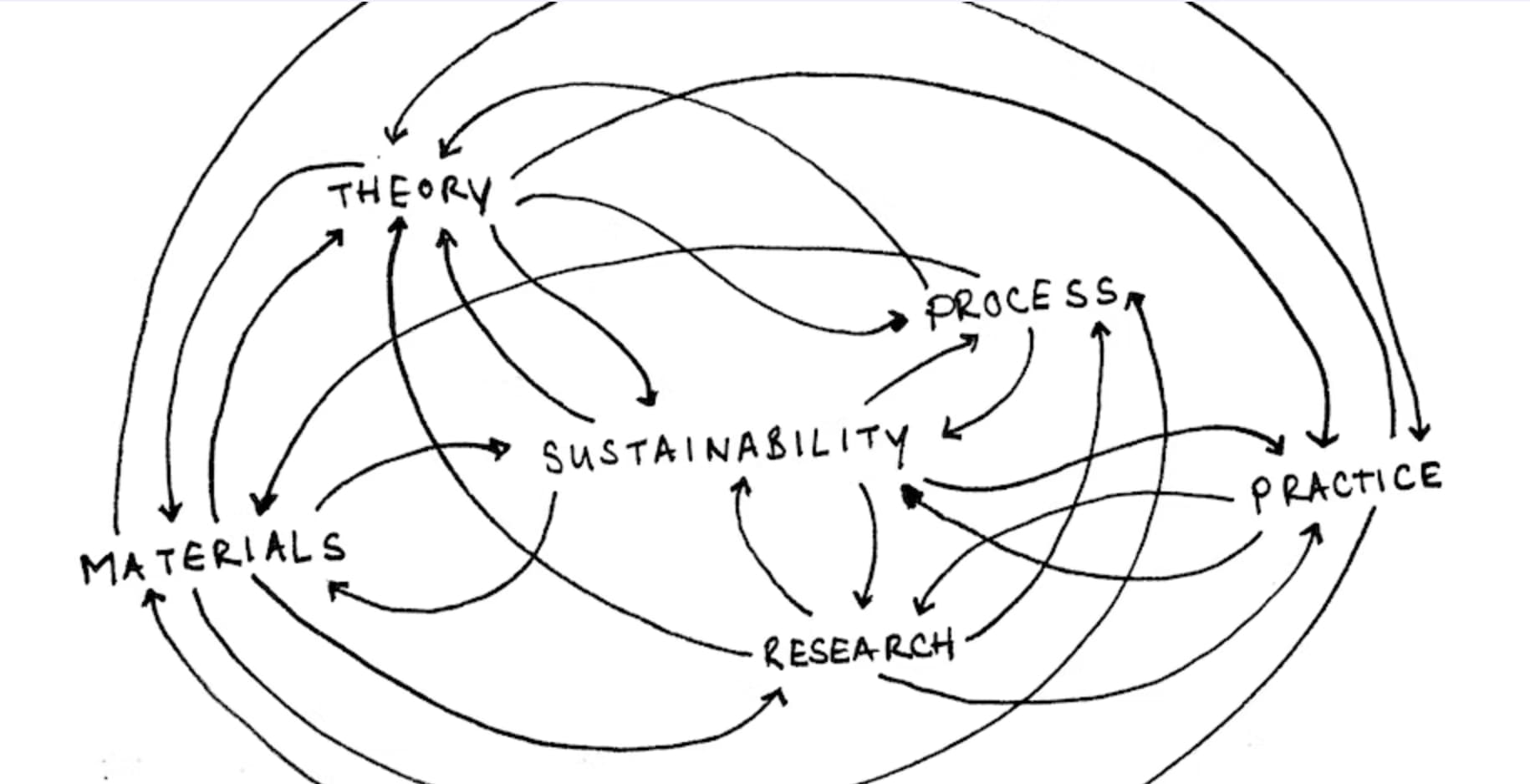
Manifesto
Sustainable Definition.
To contribute to a world fit for future generations to inhabit. This encompasses sustainable relations between humans, as well as more-than-humans, within an ecosystem that acknowledges not only environmental, but also socio-political dimensions.
The Sustainable Darkroom is committed to exploring sustainability and its nuances within the world of photography. We acknowledge the role of analogue photography in contributing to the global ecological crisis. As habitat loss, species extinction, ocean acidification, industrial toxicity, environmental racism and more continue to mount - it is essential that we transform our material relationships, in view of more sustainable futures.
We will continue to evolve with new knowledge and research, so that we are able to provide up-to-date research, resources and support to practitioners that wish to approach their own photographic practice in a more ecologically-considered way.
A significant aim is to transform the cultures around darkroom practices - acknowledging the harmful histories surrounding photographic metals and chemistries, and working towards less toxic futures.
We approach this through:
Accessibility
- Seeking private and public funding to subsidise educational workshops.
- Working with low cost and/or freely available materials where possible.
Good Practice and Care
- Recognising climate justice as racial, social and economic justice.
- Acknowledging the roles of minerals, metals, water systems and atmospheres in the photographic ecosystem, and the ways in which extractivism and pollution practices affect people across the globe disproportionately.
Inclusivity
- Working and collaborating together, across all gender identities, races, and economic backgrounds.
- Drawing on a range of theoretical spheres, including but not restricted to: decolonial theory, political ecology, queer ecology and feminist theory.
- Encouraging and facilitating freedom of expression by spreading acceptance and kindness.
Transparency
- Researching and making ecologically informed decisions across all platforms, resources, third parties that we work with.
- Explicitly stating what parts of our work have been funded, and by whom.
Sharing our ethos
- Supporting, facilitating and undertaking research at the forefront of sustainable thinking in photography.
- Empowering individual makers, thinkers and creators.
- Collaborating and sharing with other communities and organisations that share our pursuit.
Our Team
-
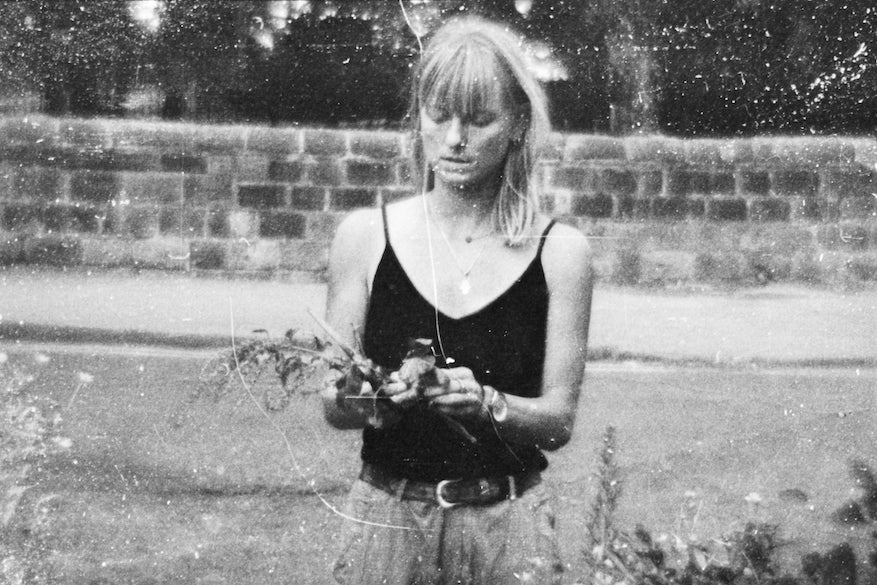
Hannah Fletcher
is a photographic artist and arts facilitator. The Sustainable Darkroom project emerged from her visual practice, which works broadly with botanic and waste materials. She reimagines and reintroduces these as active elements that participate in the creation of photographic works - often in unpredictable and beautiful ways.
-
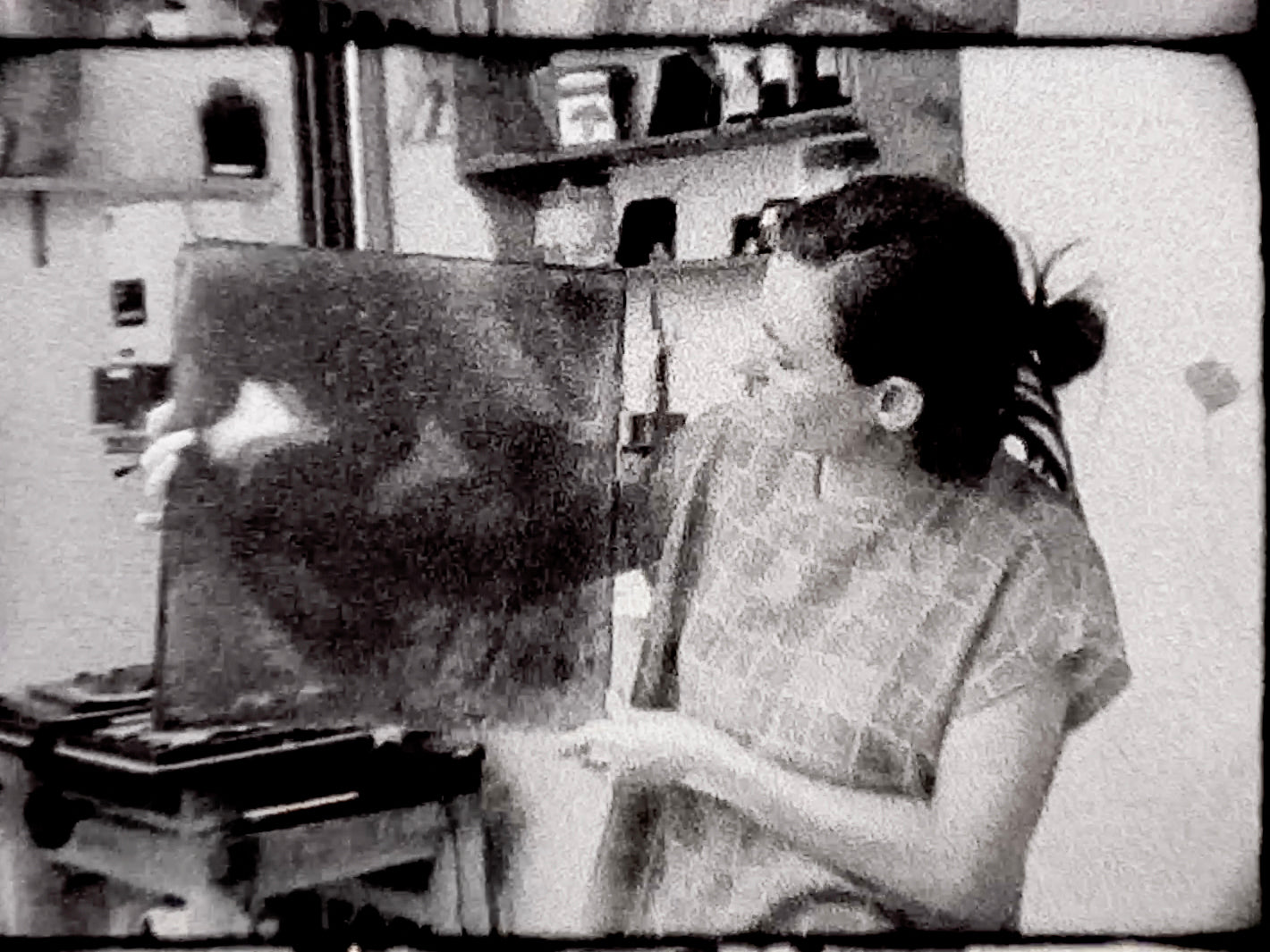
Alice Cazenave
is a fully funded PhD researcher and photographic artist. In her work, she examines the afterlives of photographic metals and silver, and how these change people’s lives and ecologies. She is the visiting scholar at RIT, New York, where she is collaborating on planting the first Photographic Garden in the United States.
-
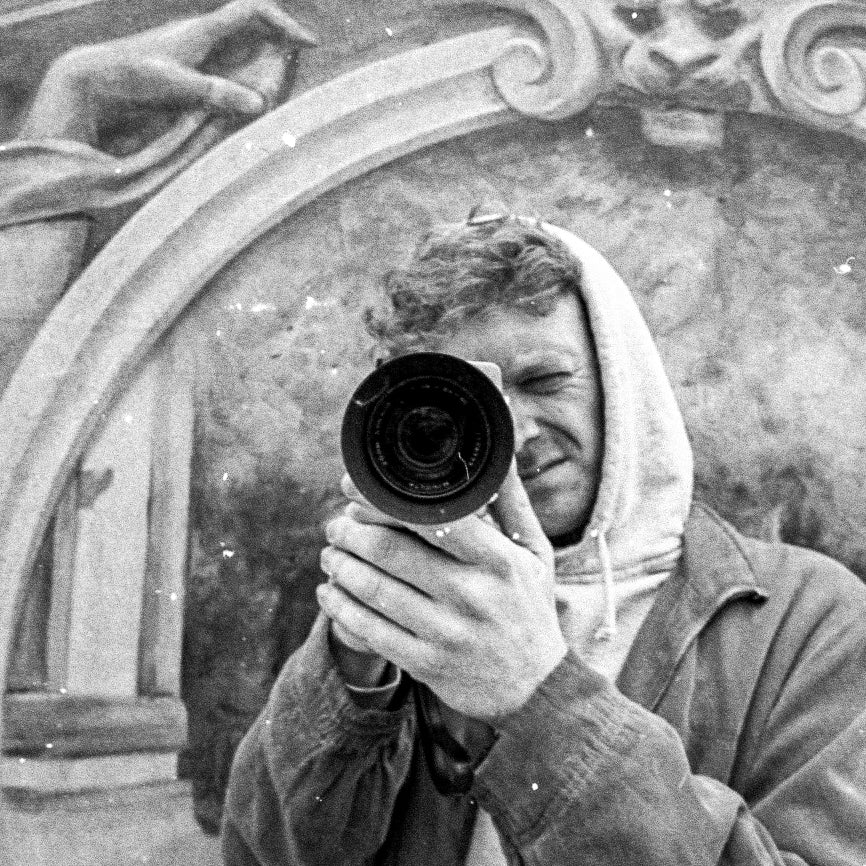
Edd Carr
is a writer, award-winning filmmaker, and Sustainable Darkroom project leader. Edd’s moving image works have received multiple awards, threading social and ecological narratives through experimental visual form. His works have been screened worldwide, and he is a Film London FLAMIN Fellow.
